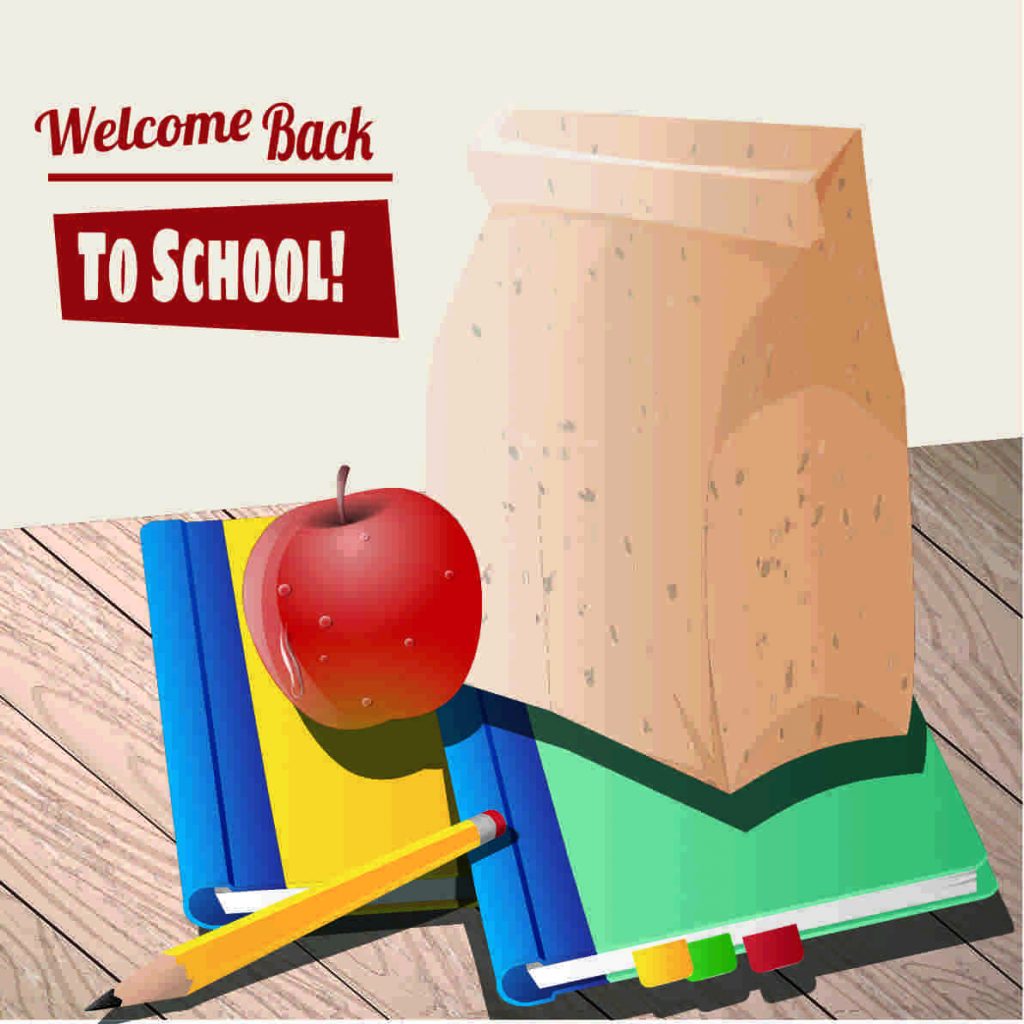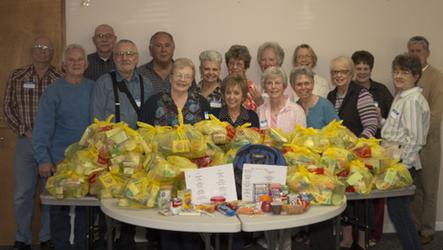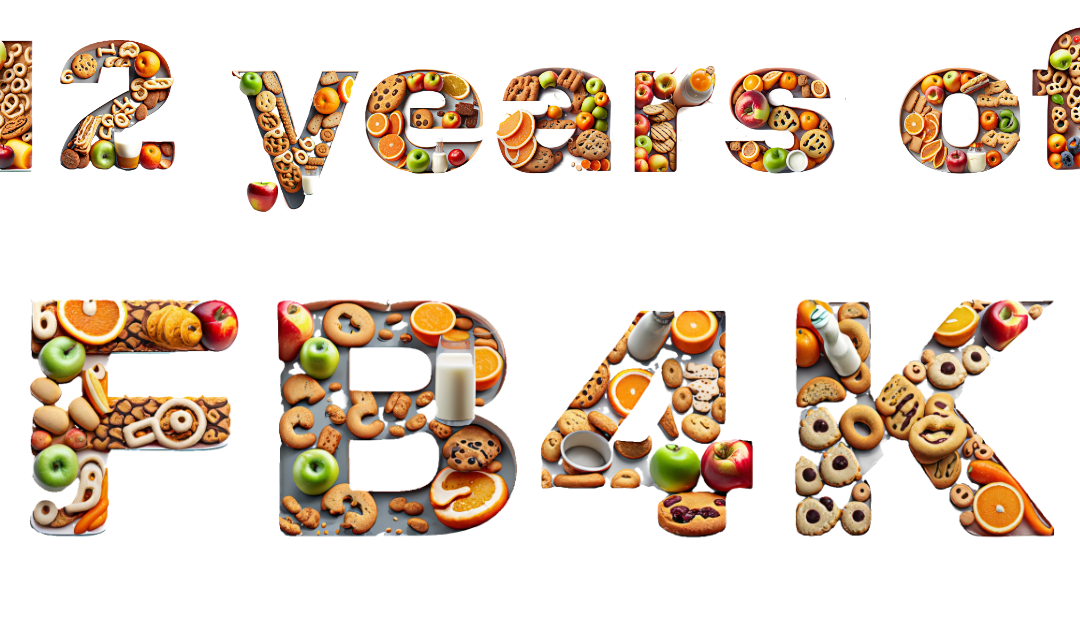Introduction
Childhood hunger is a pressing issue that affects millions of children worldwide. In Florence and Mapleton, a small community in Oregon, Food Backpack for Kids has been working tirelessly for the past 12 years to combat hunger among school children. In this blog post, we will explore the incredible journey of Food Backpack for Kids and how their efforts have made a lasting impact on the lives of children in need. We will also discuss the challenges they have faced and provide actionable insights on how you can contribute to similar initiatives in your own community.

History of Food Backpack for Kids
Food Backpack for Kids was established in 2009 by a group of dedicated volunteers who recognized the alarming rate of childhood hunger in their local schools. The organization started with a simple mission: to provide nutritious weekend meals to children who rely on the free and reduced-price meal programs during the school week.
Since its inception, Food Backpack for Kids has grown exponentially, serving over 131 children across multiple schools in Florence and Mapleton. Their program, which operates throughout the school year, ensures that children have access to nutritious meals even when school is not in session. By partnering with local grocery stores, businesses, and community members, Food Backpack for Kids has been able to provide a steady supply of food to those in need.

Impact on the Community
The impact of Food Backpack for Kids on the local community cannot be overstated. The organization has not only helped alleviate hunger but has also had a positive effect on children’s education and overall well-being. Research has shown that children who have access to regular meals perform better academically, have improved attendance rates, and experience better overall health.
By providing nutritious meals over the weekend, Food Backpack for Kids ensures that children return to school on Monday well-nourished and ready to learn. This initiative has not only improved educational outcomes but has also helped reduce the stigma associated with receiving assistance.
One of the most remarkable aspects of Food Backpack for Kids is the sense of community it has fostered. Volunteers from all walks of life come together to pack and distribute the backpacks, creating a support system for both the children and their families. This collaborative effort not only impacts the children directly but also strengthens the bonds within the community.
Challenges and Overcoming Them
Running a successful program like Food Backpack for Kids comes with its fair share of challenges. One of the major obstacles the organization faced was ensuring a steady supply of nutritious food. To address this issue, Food Backpack for Kids established partnerships with local grocery stores and distributors, allowing them to access discounted and donated food items. They also organize regular fundraisers to meet the increasing demand. Food Backpack for Kids has also set up and endowment fund through Western Lane Community Foundation to ensure long term stability
Another challenge was managing logistical operations, including packing and delivering the food backpacks to multiple schools. To tackle this, Food Backpack for Kids introduced a streamlined system with the help of dedicated volunteers. They implemented efficient packing techniques and optimized delivery schedules to ensure smooth operations.

How You Can Help
Supporting initiatives like Food Backpack for Kids is crucial in the fight against childhood hunger. Here are some actionable steps you can take to contribute to Food Backpack for Kids, or similar programs in other communities:
- Volunteer: Reach out to local organizations involved in combating childhood hunger and offer your time and skills. Many programs rely on volunteers for packing food, organizing events, and raising awareness.
- Donate: Financial contributions can go a long way in sustaining these programs. Consider making a donation to local food banks or organizations working directly with schools to provide meals to children in need.
- Raise Awareness: Spread the word about childhood hunger in your community by leveraging social media platforms, organizing fundraisers, or writing blog posts to raise awareness.
- Advocate for Policy Change: Lobby for policies that prioritize the well-being of children, including comprehensive school meal programs and increased funding for nutrition education.
Conclusion
Food Backpack for Kids is a shining example of how a dedicated community can come together to address childhood hunger. Their commitment to providing nutritious meals and fostering a sense of community has made a lasting impact on the lives of children in Florence and Mapleton.
By volunteering, donating, raising awareness, and advocating for policy change, each of us has the power to make a difference in the fight against childhood hunger. Let’s follow in the footsteps of Food Backpack for Kids and extend a helping hand to children in need in our own communities.
Remember, no child should go to bed hungry. Together, we can create a brighter and healthier future for all.

